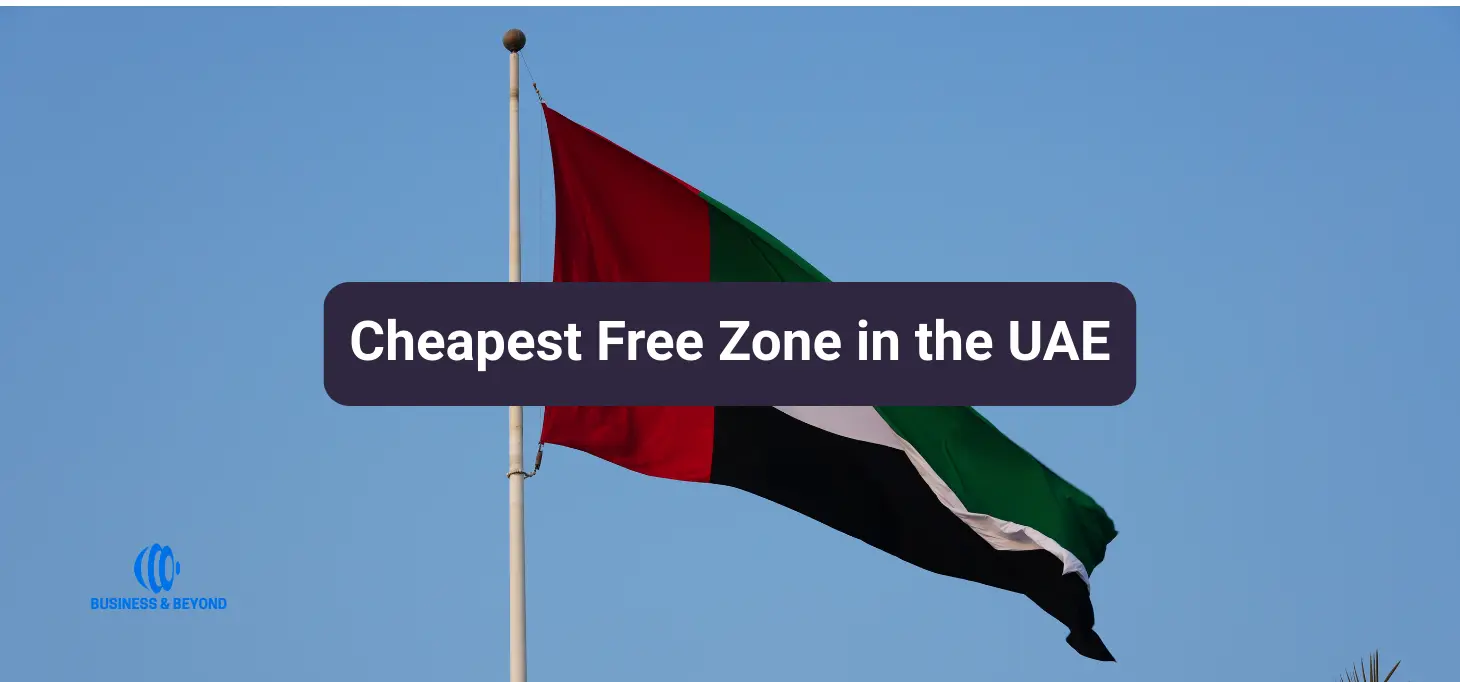
Navigating the corporate landscape of the UAE to establish a resilient and growth-oriented business often leads savvy investors to one powerful model: the parent-subsidiary company structure. This framework isn’t just about expansion; it’s a strategic tool for asset protection, tax optimization, and centralized control. With recent groundbreaking regulations like Cabinet Decision No. 55/2025, the UAE has solidified its position as a premier global hub for holding companies, offering significant corporate tax exemptions on repatriated profits. This guide cuts through the complexity, providing a clear roadmap on how to set up a subsidiary in the UAE under a parent holding company. We’ll explore the undeniable benefits, the practical setup steps, and the critical legal nuances you need to know to build a future-proof corporate empire in the heart of the GCC.
What is a Parent-Subsidiary Structure in the UAE?
A parent-subsidiary structure is a corporate arrangement where a controlling company (the parent) owns enough voting stock in another company (the subsidiary) to dictate its management and operations. In the UAE context, this often involves establishing a UAE holding company (the parent) that owns and controls one or more operating or investment companies (the subsidiaries). This model is legally recognized and highly encouraged under UAE law, providing a clear hierarchy and separation of liabilities, , you might want to read our guide on types of business entities in the UAE.
Key Characteristics of this Corporate Model
- Separate Legal Entities: Both parent and subsidiary are distinct legal entities, incorporated separately.
- Control: The parent company has significant control, typically through ownership of more than 50% of the subsidiary’s shares.
- Limited Liability: The parent’s liability is generally limited to its investment in the subsidiary, shielding its other assets.
- Consolidated Reporting: Finances may be consolidated for reporting purposes, but each entity files its own tax returns and compliance documents.
Why the UAE is the Ideal Hub for Your Holding Company
The UAE’s appeal goes beyond its glittering skyline. Its robust infrastructure, political stability, and zero personal income tax have long been magnets for business. However, recent legal reforms have specifically tailored the environment for complex corporate structures, making it a perfect hub for your holding company.
The Game-Changer: Cabinet Decision No. 55/2025 on Corporate Tax
This is the most critical update for international investors. Effective May 2025, this decision extends the UAE corporate tax exemption to include dividends and profit distributions received by a UAE parent company from its foreign subsidiaries. Simply put, if your UAE holding company owns a subsidiary abroad, the profits brought back to the UAE are 100% tax-free. This eliminates double taxation and makes the UAE an unparalleled base for international operations. Navigating these new rules is complex; consider speaking with our corporate tax consultants to understand how it applies to your situation.
Key Benefits of a Parent-Subsidiary Setup in the UAE
- Asset Protection: Isolate risky ventures in separate subsidiaries. If one business fails, creditors can only pursue the assets of that specific subsidiary, not the entire group. This is a core advantage of setting up a limited liability company (LLC) in the UAE.
- Operational Control: Manage different brands, business lines, or geographical markets through separate entities while maintaining top-down strategic control from the parent company.
- Tax Efficiency: Besides the new exemption on foreign profits, structuring allows for efficient internal financing and potential VAT grouping benefits.
- Simplified Expansion: Adding a new business line or entering a new market is as simple as establishing a new subsidiary, without disrupting existing operations.
How to Set Up a Parent and Subsidiary Company in the UAE: A Step-by-Step Guide
- Choosing the Right Jurisdiction: This is your first critical decision.
- Mainland (DED): Ideal if you need to trade directly with the UAE market and conduct government tenders. Allows 100% foreign ownership in most sectors. Learn more about the pros and cons of a mainland company setup.
- Free Zone (e.g., DMCC, DIFC, ADGM): Perfect for UAE holding companies due to streamlined regulations. We offer specialized DMCC company formation services for investors looking at this free zone.
- Selecting the Legal Form: Most holding and subsidiary companies are established as Limited Liability Companies (LLCs) on the mainland or as Free Zone Establishments (FZEs) or Free Zone Companies (FZCs) in free zones.
- Finalizing the Corporate Structure: Define the ownership percentage (e.g., 100% owned subsidiary, 51/49 JV). Draft the Memorandum of Association (MOA) for the parent company, clearly stating its object to hold shares in other companies.
- The Documentation and Licensing Process: This involves submitting passport copies, proposed business activities, and a business plan. The parent company must receive a license that permits “holding shares” as an activity. Our document attestation services in Dubai can help streamline this often-complex process.
Navigating Recent Legal Changes: What You Need to Know in 2025
The UAE’s legal framework is dynamic. Beyond the tax decision, two key changes impact this structure
- 100% Foreign Ownership: The requirement for a local sponsor or agent for mainland companies has been removed for most commercial and professional activities, giving you full control. This change makes 100% foreign ownership in the UAE a reality for most businesses.
- Reduced Statutory Reserves: Companies now only need to set aside 5% of their annual net profit as a statutory reserve (down from 10%), freeing up more capital for investment or distribution to the parent company.
Q: What is the minimum capital requirement for setting up a holding company in the UAE?
A: There is no mandated minimum capital requirement for most free zones. Some mainland activities might have a specific requirement, but it’s generally low. You can find a detailed breakdown in our article on UAE company setup costs and requirements.
Q: Can a UAE free zone company own a subsidiary on the UAE mainland?
A: Yes, absolutely. A free zone company can establish a wholly-owned subsidiary on the UAE mainland. This typically requires setting up a separate LLC with the local Department of Economic Development (DED) and may involve specific approvals, but it is a common and accepted practice. This is a common strategy known as using a free zone company to do business in the local market.
Q: How does the UAE parent-subsidiary structure protect my assets?
A: Because each company is a separate legal entity, the debts and liabilities of one subsidiary are its own. Creditors of a failing subsidiary cannot pursue the assets of the parent company or the other subsidiaries in the group, effectively ring-fencing risk.
Q: Are there annual compliance requirements for this structure?
A: Yes. Each company, both parent and subsidiary, must maintain its own independent financial records, renew its license annually, and may be required to file audited financial statements and a corporate tax return if it meets the threshold for taxation.
Ready to structure your business for success and tax efficiency? Contact our experts today for a free, no-obligation consultation to begin your parent-subsidiary setup in the UAE.





Leave A Comment